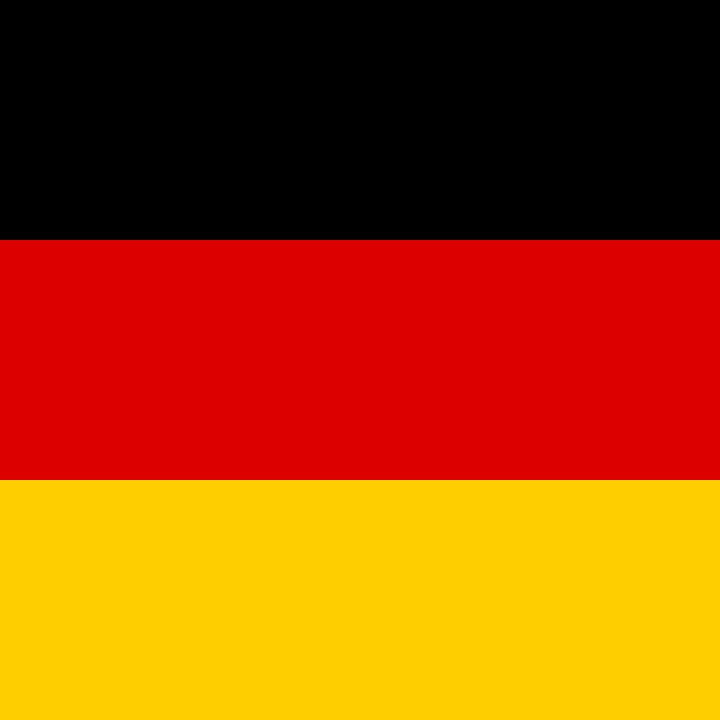
Germany
Hamburg
Our team of seasoned lawyers offers unparalleled expertise in business law. Our independent spirit, values, and a strong entrepreneurial understanding set us apart as a truly exceptional and forward-thinking legal team.
Practice areas in this location include Labour Law, Inheritance Law and Succession Planning, Corporate and Commercial Law, Real Estate, Aviation Law, Merger & Acquisitions, Litigation and Dispute Resolution and Insurance Law.



Germany
Hamburg
Our team of seasoned lawyers offers unparalleled expertise in business law. Our independent spirit, values, and a strong entrepreneurial understanding set us apart as a truly exceptional and forward-thinking legal team.
Practice areas in this location include Labour Law, Inheritance Law and Succession Planning, Corporate and Commercial Law, Real Estate, Aviation Law, Merger & Acquisitions, Litigation and Dispute Resolution and Insurance Law.
Practice Areas
Languages Spoken
German, English, Portuguese
Managing Partner(s)
The Aliant office located in Hamburg, Germany was established in 2013. Six years later the branch in Berlin was opened. Our team of seasoned lawyers offers unparalleled expertise in business law and advises clients on all aspects of labour law, civil law, corporate law, commercial law, aviation law and property law, in M & A transactions and succession planning as well as on intellectual property rights and litigation.
A high degree of responsibility and a true understanding of entrepreneurship are the characteristics that set this office apart.
Labour Law
Inheritance Law and Succession Planning
Corporate and Commercial Law
Real Estate
Aviation Law
Merger & Acquisitions
Litigation and Dispute Resolution
Insurance Law
Germany, officially the Federal Republic of Germany, is a country in the western region of Central Europe. It is the second-most populous country in Europe after Russia, and the most populous member state of the European Union. Germany is situated between the Baltic and North seas to the north, and the Alps to the south. Its 16 constituent states are bordered by Denmark to the north, Poland and the Czech Republic to the east, Austria and Switzerland to the south, and France, Luxembourg, Belgium, and the Netherlands to the west. The nation’s capital and most populous city is Berlin and its main financial centre is Frankfurt; the largest urban area is the Ruhr.
Germany has been described as a great power with a strong economy; it has the largest economy in Europe, the world’s third-largest economy by nominal GDP and the fifth-largest by PPP. As a global power in industrial, scientific and technological sectors, it is both the world’s third-largest exporter and importer. As a developed country it offers social security, a universal health care system and a tuition-free university education. Germany is a member of the United Nations, European Union, NATO, Council of Europe, G7, G20, and OECD. It has the third-greatest number of UNESCO World Heritage Sites.
LAW
Germany has a civil law system based on Roman law with some references to Germanic law. The Bundesverfassungsgericht (Federal Constitutional Court) is the German Supreme Court responsible for constitutional matters, with power of judicial review. Germany’s supreme court system is specialised: for civil and criminal cases, the highest court of appeal is the inquisitorial Federal Court of Justice, and for other affairs the courts are the Federal Labour Court, the Federal Social Court, the Federal Fiscal Court and the Federal Administrative Court.
Criminal and private laws are codified on the national level in the Strafgesetzbuch and the Bürgerliches Gesetzbuch respectively. The German penal system seeks the rehabilitation of the criminal and the protection of the public. Except for petty crimes, which are tried before a single professional judge, and serious political crimes, all charges are tried before mixed tribunals on which lay judges (Schöffen) sit side by side with professional judges.
ECONOMY
Germany has a social market economy with a highly skilled labour force, a low level of corruption, and a high level of innovation. It is the world’s third-largest exporter and third-largest importer, and has the largest economy in Europe, which is also the world’s fourth-largest economy by nominal GDP, and the fifth-largest by PPP. Its GDP per capita measured in purchasing power standards amounts to 121% of the EU27 average. The service sector contributes approximately 69% of the total GDP, industry 31%, and agriculture 1% as of 2017. The unemployment rate published by Eurostat amounts to 3.2% as of January 2020, which is the fourth-lowest in the EU.
Germany is part of the European single market which represents more than 450 million consumers. In 2017, the country accounted for 28% of the eurozone economy according to the International Monetary Fund. Germany introduced the common European currency, the euro, in 2002. Its monetary policy is set by the European Central Bank, which is headquartered in Frankfurt.
The top ten exports of Germany are vehicles, machinery, chemical goods, electronic products, electrical equipments, pharmaceuticals, transport equipments, basic metals, food products, and rubber and plastics.
Infrastructure
With its central position in Europe, Germany is a transport hub for the continent. Its road network is among the densest in Europe. The motorway (Autobahn) is widely known for having no general federally mandated speed limit for some classes of vehicles. The Intercity Express or ICE train network serves major German cities as well as destinations in neighbouring countries with speeds up to 300 km/h (190 mph). The largest German airports are Frankfurt Airport and Munich Airport. The Port of Hamburg is one of the twenty largest container ports in the world.
Firm Overview
The Aliant office located in Hamburg, Germany was established in 2013. Six years later the branch in Berlin was opened. Our team of seasoned lawyers offers unparalleled expertise in business law and advises clients on all aspects of labour law, civil law, corporate law, commercial law, aviation law and property law, in M & A transactions and succession planning as well as on intellectual property rights and litigation.
A high degree of responsibility and a true understanding of entrepreneurship are the characteristics that set this office apart.
Services Profile
Labour Law
Inheritance Law and Succession Planning
Corporate and Commercial Law
Real Estate
Aviation Law
Merger & Acquisitions
Litigation and Dispute Resolution
Insurance Law
About Germany
Germany, officially the Federal Republic of Germany, is a country in the western region of Central Europe. It is the second-most populous country in Europe after Russia, and the most populous member state of the European Union. Germany is situated between the Baltic and North seas to the north, and the Alps to the south. Its 16 constituent states are bordered by Denmark to the north, Poland and the Czech Republic to the east, Austria and Switzerland to the south, and France, Luxembourg, Belgium, and the Netherlands to the west. The nation’s capital and most populous city is Berlin and its main financial centre is Frankfurt; the largest urban area is the Ruhr.
Germany has been described as a great power with a strong economy; it has the largest economy in Europe, the world’s third-largest economy by nominal GDP and the fifth-largest by PPP. As a global power in industrial, scientific and technological sectors, it is both the world’s third-largest exporter and importer. As a developed country it offers social security, a universal health care system and a tuition-free university education. Germany is a member of the United Nations, European Union, NATO, Council of Europe, G7, G20, and OECD. It has the third-greatest number of UNESCO World Heritage Sites.
LAW
Germany has a civil law system based on Roman law with some references to Germanic law. The Bundesverfassungsgericht (Federal Constitutional Court) is the German Supreme Court responsible for constitutional matters, with power of judicial review. Germany’s supreme court system is specialised: for civil and criminal cases, the highest court of appeal is the inquisitorial Federal Court of Justice, and for other affairs the courts are the Federal Labour Court, the Federal Social Court, the Federal Fiscal Court and the Federal Administrative Court.
Criminal and private laws are codified on the national level in the Strafgesetzbuch and the Bürgerliches Gesetzbuch respectively. The German penal system seeks the rehabilitation of the criminal and the protection of the public. Except for petty crimes, which are tried before a single professional judge, and serious political crimes, all charges are tried before mixed tribunals on which lay judges (Schöffen) sit side by side with professional judges.
ECONOMY
Germany has a social market economy with a highly skilled labour force, a low level of corruption, and a high level of innovation. It is the world’s third-largest exporter and third-largest importer, and has the largest economy in Europe, which is also the world’s fourth-largest economy by nominal GDP, and the fifth-largest by PPP. Its GDP per capita measured in purchasing power standards amounts to 121% of the EU27 average. The service sector contributes approximately 69% of the total GDP, industry 31%, and agriculture 1% as of 2017. The unemployment rate published by Eurostat amounts to 3.2% as of January 2020, which is the fourth-lowest in the EU.
Germany is part of the European single market which represents more than 450 million consumers. In 2017, the country accounted for 28% of the eurozone economy according to the International Monetary Fund. Germany introduced the common European currency, the euro, in 2002. Its monetary policy is set by the European Central Bank, which is headquartered in Frankfurt.
The top ten exports of Germany are vehicles, machinery, chemical goods, electronic products, electrical equipments, pharmaceuticals, transport equipments, basic metals, food products, and rubber and plastics.
Infrastructure
With its central position in Europe, Germany is a transport hub for the continent. Its road network is among the densest in Europe. The motorway (Autobahn) is widely known for having no general federally mandated speed limit for some classes of vehicles. The Intercity Express or ICE train network serves major German cities as well as destinations in neighbouring countries with speeds up to 300 km/h (190 mph). The largest German airports are Frankfurt Airport and Munich Airport. The Port of Hamburg is one of the twenty largest container ports in the world.
Aliant® Germany Attorneys
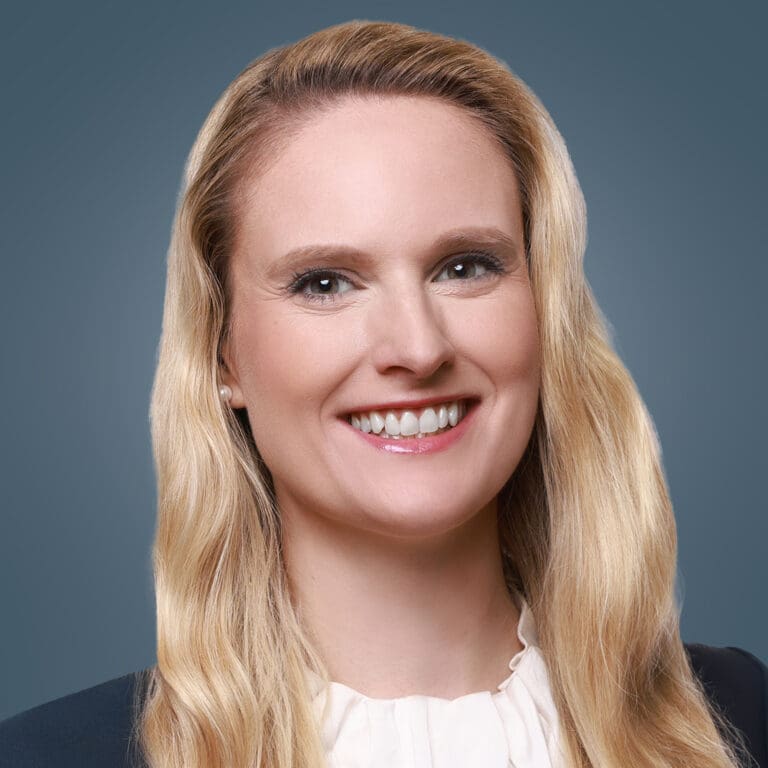

Germany
Business Law, Civil Law & Civil Asset Recovery, Data Privacy, Intellectual Property, Litigation, Technology & E-commerce


Germany
Employment & Labor, Real Estate Law
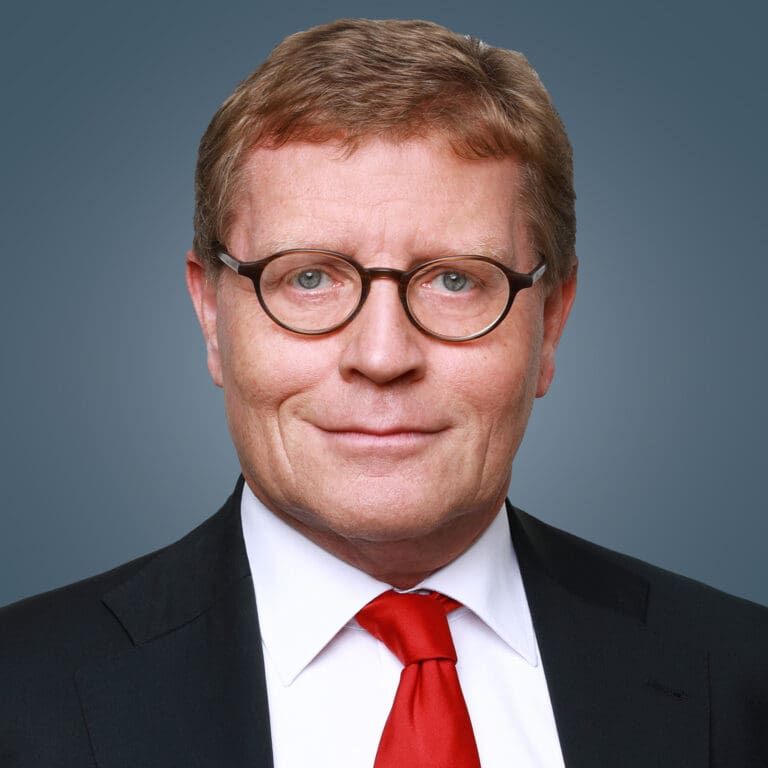

Germany
Business Law
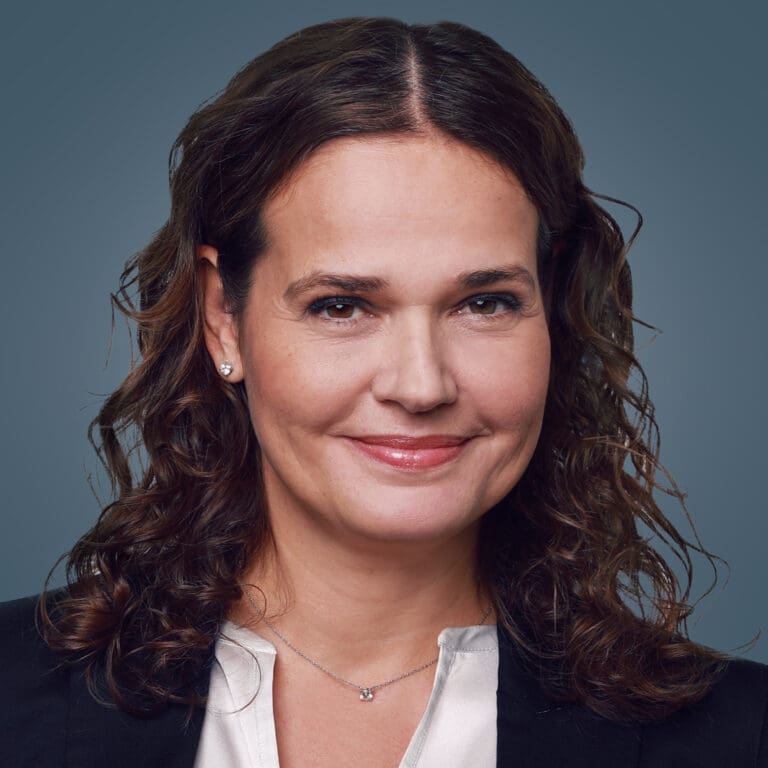

Germany
Litigation


Germany
Business Law, Litigation


Germany
Real Estate Law


Germany
Business Law, Employment & Labor, Intellectual Property, Litigation
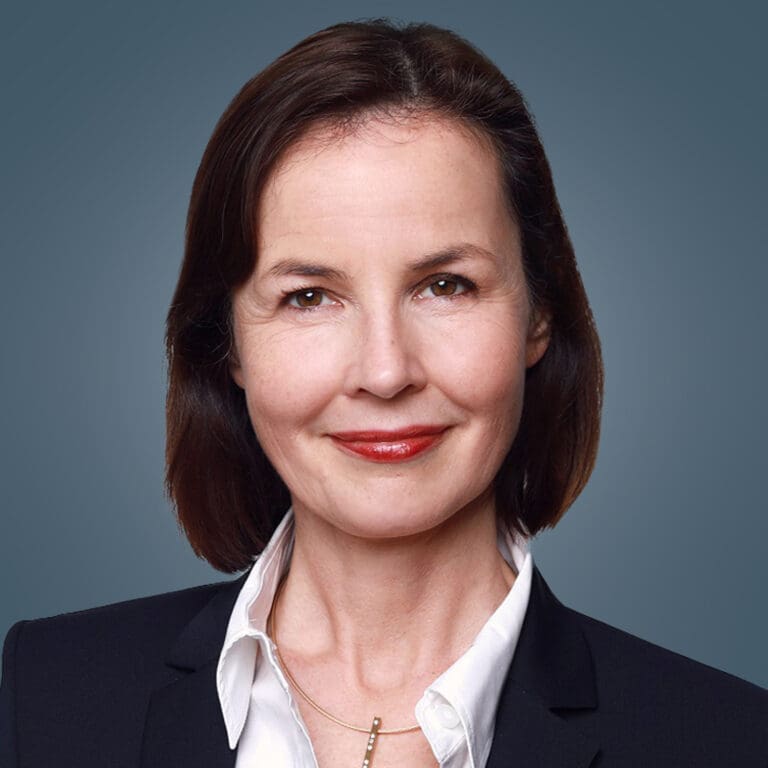

Germany
Litigation
